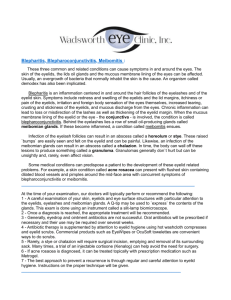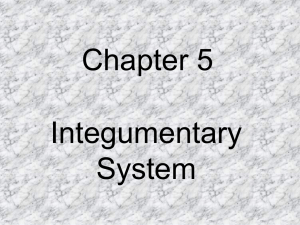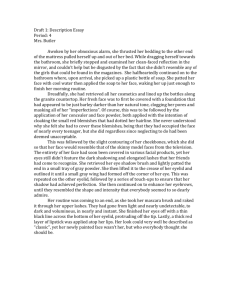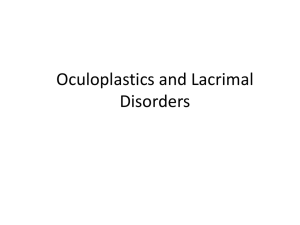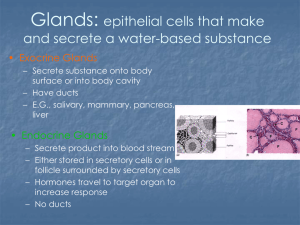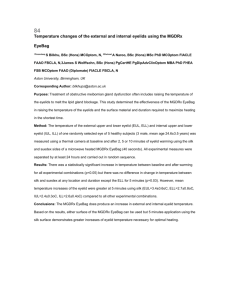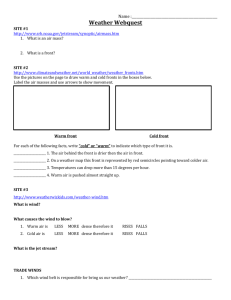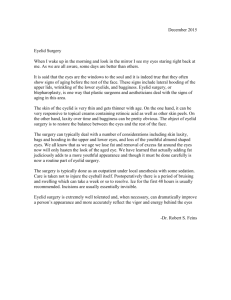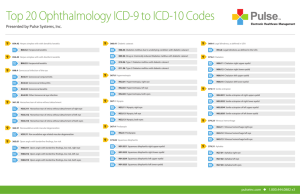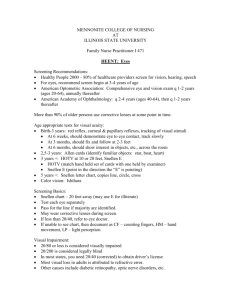Self help for blepharitis
advertisement
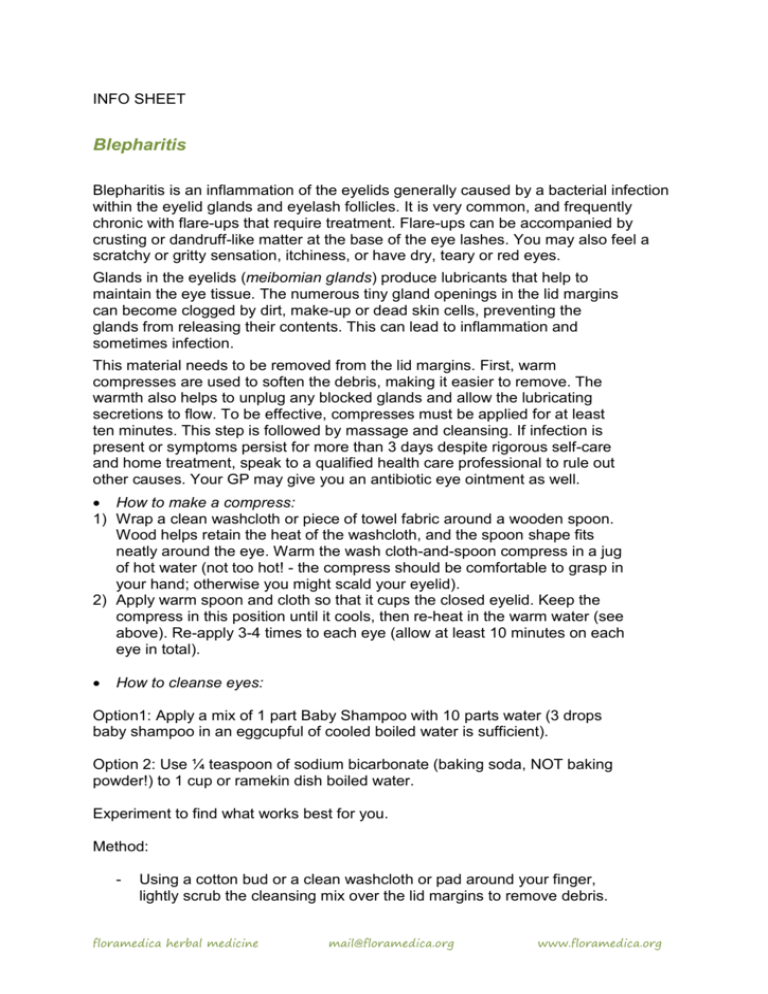
INFO SHEET Blepharitis Blepharitis is an inflammation of the eyelids generally caused by a bacterial infection within the eyelid glands and eyelash follicles. It is very common, and frequently chronic with flare-ups that require treatment. Flare-ups can be accompanied by crusting or dandruff-like matter at the base of the eye lashes. You may also feel a scratchy or gritty sensation, itchiness, or have dry, teary or red eyes. Glands in the eyelids (meibomian glands) produce lubricants that help to maintain the eye tissue. The numerous tiny gland openings in the lid margins can become clogged by dirt, make-up or dead skin cells, preventing the glands from releasing their contents. This can lead to inflammation and sometimes infection. This material needs to be removed from the lid margins. First, warm compresses are used to soften the debris, making it easier to remove. The warmth also helps to unplug any blocked glands and allow the lubricating secretions to flow. To be effective, compresses must be applied for at least ten minutes. This step is followed by massage and cleansing. If infection is present or symptoms persist for more than 3 days despite rigorous self-care and home treatment, speak to a qualified health care professional to rule out other causes. Your GP may give you an antibiotic eye ointment as well. How to make a compress: 1) Wrap a clean washcloth or piece of towel fabric around a wooden spoon. Wood helps retain the heat of the washcloth, and the spoon shape fits neatly around the eye. Warm the wash cloth-and-spoon compress in a jug of hot water (not too hot! - the compress should be comfortable to grasp in your hand; otherwise you might scald your eyelid). 2) Apply warm spoon and cloth so that it cups the closed eyelid. Keep the compress in this position until it cools, then re-heat in the warm water (see above). Re-apply 3-4 times to each eye (allow at least 10 minutes on each eye in total). How to cleanse eyes: Option1: Apply a mix of 1 part Baby Shampoo with 10 parts water (3 drops baby shampoo in an eggcupful of cooled boiled water is sufficient). Option 2: Use ¼ teaspoon of sodium bicarbonate (baking soda, NOT baking powder!) to 1 cup or ramekin dish boiled water. Experiment to find what works best for you. Method: - Using a cotton bud or a clean washcloth or pad around your finger, lightly scrub the cleansing mix over the lid margins to remove debris. floramedica herbal medicine mail@floramedica.org www.floramedica.org Do not over-scrub. Do this for several days in succession – each day more of the debris will loosen and come away. Rinse with warm water. After the warm compress and cleansing, gently but firmly massaging (without squeezing!) the lids towards the margins helps remove the stale contents of the glands and enables the secretions to flow freely again. How to massage eyes: - Close eyes and, starting with the upper lid, place finger in the inner corner of the eye near the nose. Make sure that your finger is just resting on the eyelid above the eyelashes. From there, sweep along the eyelid towards the temple. - Do the same on the lower lid: place finger below the eyelashes at the corner of the eyes and sweep outwards towards the temple. - Do this routine five to ten times for thirty seconds immediately after applying warm compress. - Rinse eyes thoroughly again to remove the material expressed from the glands. - Pat dry (and apply any prescribed ointment, if relevant). Repeat the compress-cleansing-massage routine 3 times a day until symptoms resolve. Within 3 days you should feel a marked improvement, and this should continue over the week. After one week, you can reduce the frequency of compresses, scrubs (and ointment, if relevant). After 1-2 weeks you should be able to keep the blepharitis at bay and avoid flare-ups without compresses and scrubs, especially if you maintain good eye hygiene. You may find it useful to do the full treatment once a week or so for maintenance. Other considerations: Rubbing the infected eyelid only makes the inflammation worse! floramedica herbal medicine mail@floramedica.org www.floramedica.org
